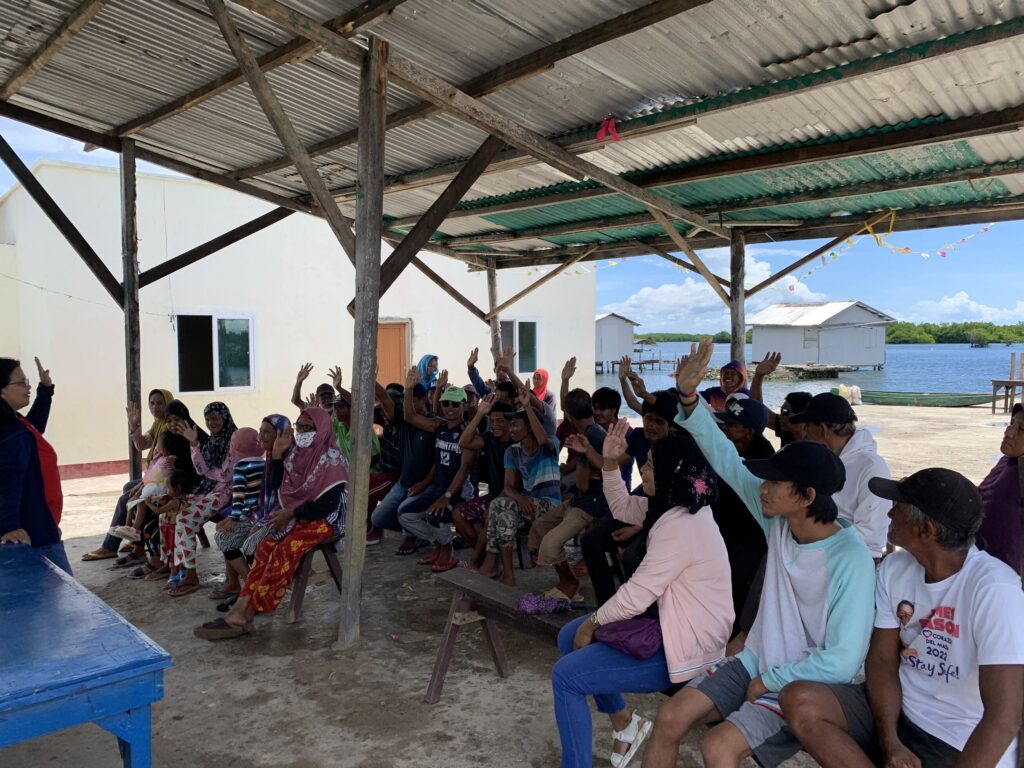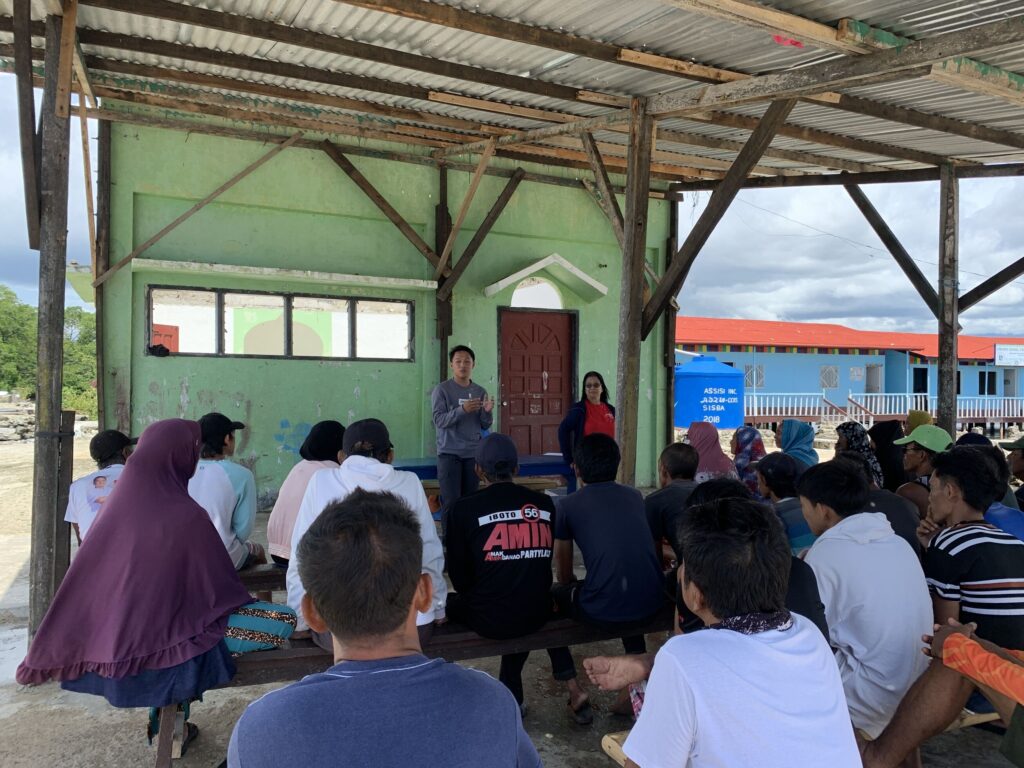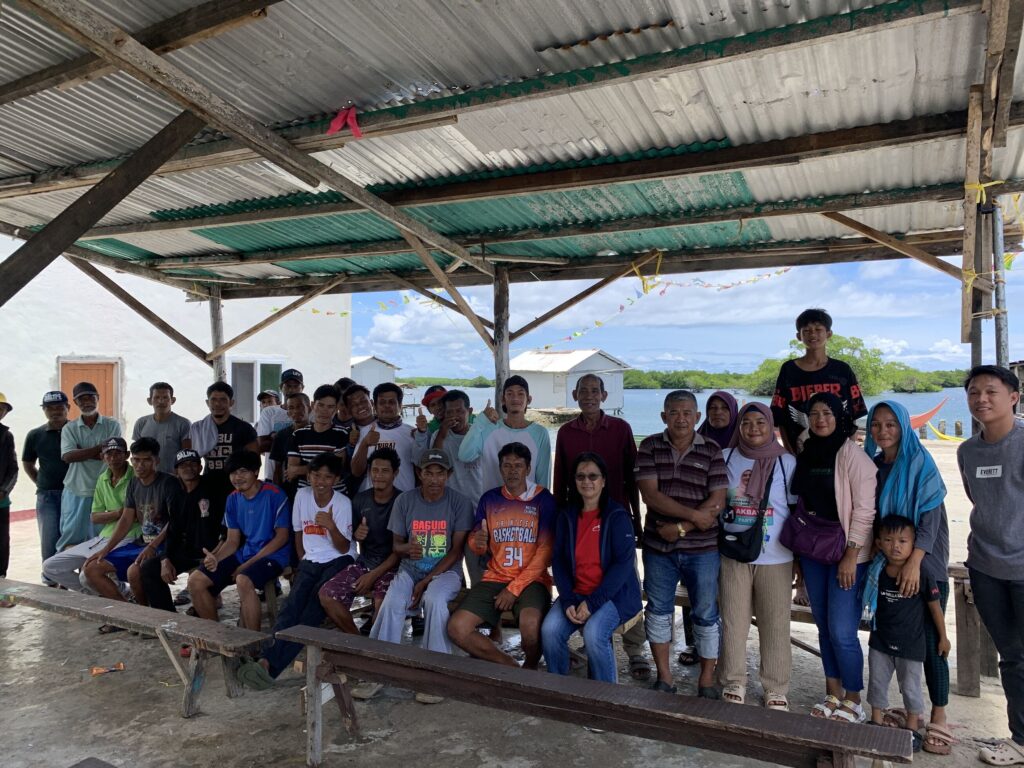In a concerted effort to strengthen seaweed farming initiatives on Simariki Island, the Center for Coastal and Environmental Sustainability (CCES) conducted a community project orientation on March 20, 2025. The session, led by CCES Director Loreta and Seaweed Technician Edwin, gathered 32 local farmers to discuss strategies for improving productivity and ensuring sustainability in the industry.

A key outcome of the meeting was the decision to reorganize the farmers into a unified group, fostering stronger collaboration and efficient management for the upcoming seaweed farming project. Edwin shared valuable insights from successful farming models, emphasizing best practices, resilient seaweed varieties, and sustainable farming techniques that could significantly boost yields and long-term industry stability.
The discussions also shed light on critical challenges faced by farmers, including environmental changes, resource limitations, and market accessibility. To address these issues, community members actively proposed solutions, with the group identifying farmers who would pilot-test new farming methods in the beta phase of the project.
Beyond technical guidance, the initiative focused on strengthening community support and fostering a shared commitment to industry growth. The Council of Elders received project updates, demonstrating the integrated approach of combining traditional knowledge with modern techniques to ensure cultural and environmental sustainability.
Moving forward, the CCES team has outlined a roadmap that includes training sessions, expert consultations, and continuous monitoring, ensuring that farmers receive the necessary support to adapt to industry advancements.

These efforts aim to equip local farmers with the knowledge and tools needed to navigate changing environmental conditions and market demands.

With strong collaboration and dedicated mentorship, this initiative seeks to establish a resilient and sustainable seaweed farming industry on Simariki Island, ultimately generating long-term economic benefits for the community. CCES remains steadfast in its mission to empower local farmers, promote environmental conservation, and drive inclusive economic growth in the region.


